MediaGear offers full-service solutions in AV equipment and installation. We offer a wide range of products to broadcasting companies as well as independent videographers, AV equipment to any type of venues – from planning to installation, from equipment delivery to turn-key solutions.
Mediagear OÜ (LLC) was founded on March 30, 2017 and is a company based on 100% Estonian capital. The founders, Marko Levo and Taago Kõrs, are professionals in their field with over 25 years of experience in television work, having extensive experience in television production, distribution and project management.
The company also has an installation team, including an electrical installer (electrician, EstQF Level 4), the team has long-term experience in studio construction and AV equipment integration. MediaGear has built press rooms, photo and video studios, black boxes, sound studios.
MediaGear believes in constant learning taking part in various professional trainings, and also cooperates with TV channels from time to time to keep itself updated and in touch with TV work.
MediaGear has partners all over the world and regularly meets them at professional technology fairs such as IBC in Amsterdam, NAB in Las Vegas, ISE in Barcelona and others. The company has also participated in local fairs with its own displays.


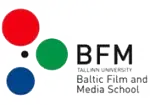




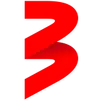



Source: Veebirebane*
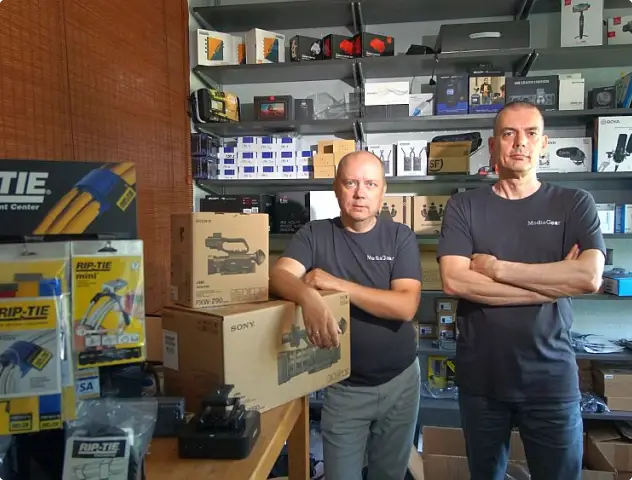
MediaGear is a store that does not sell a list of products downloaded as XML from wholesalers. Everything on the counter has been properly tested by the sellers themselves. As video has reached the masses and it is no longer just a “TV-business”, the company’s creators Marko Levo and Taago Kõrs want to offer buyers something that would be suitable for both professionals and enthusiasts.
Over the last ten years, the number of amateur videographers and the level of their skills have increased a lot, the creators of MediaGear are confident. “If in the nineties a man with a camera was someone who “definitely worked in television”, then nowadays thousands film and do it very, very well,” Taago Kõrs characterizes the level of current video makers who have never been in contact with this profession at a TV station. “The enormous development of digital videography has played a part in this, photography and video have merged in many ways.”
There was a gap in the video equipment market
According to the makers of MediaGear, sales companies are a few decades behind this trend of the last decade – video equipment sales are mainly provided by photo equipment sales companies, while video equipment sellers focus on the professional market – large AV customers and broadcasters.
This gave a push to the idea of creating a video-only sales organization that would offer television technology to both enthusiasts and larger makers alike.
“In reality, our company was born on the Pärnu-Tallinn highway, when we drove home from another project as freelance TV workers,” Taago recalls the story of the creation of the company. “Having participated in projects of several large and small video makers, over time we had a good overview of the equipment and services that someone might need. There were also issues in the newly completed project where things could have been done better, and that is where the impulse came from. I was behind the wheel, Marko grabbed a laptop and in a few minutes the company was registered and that’s how it was born. Now it was time to start acting.”
According to Marko, the original idea remained and is still working, but the product range has become more valid through testing and feedback.
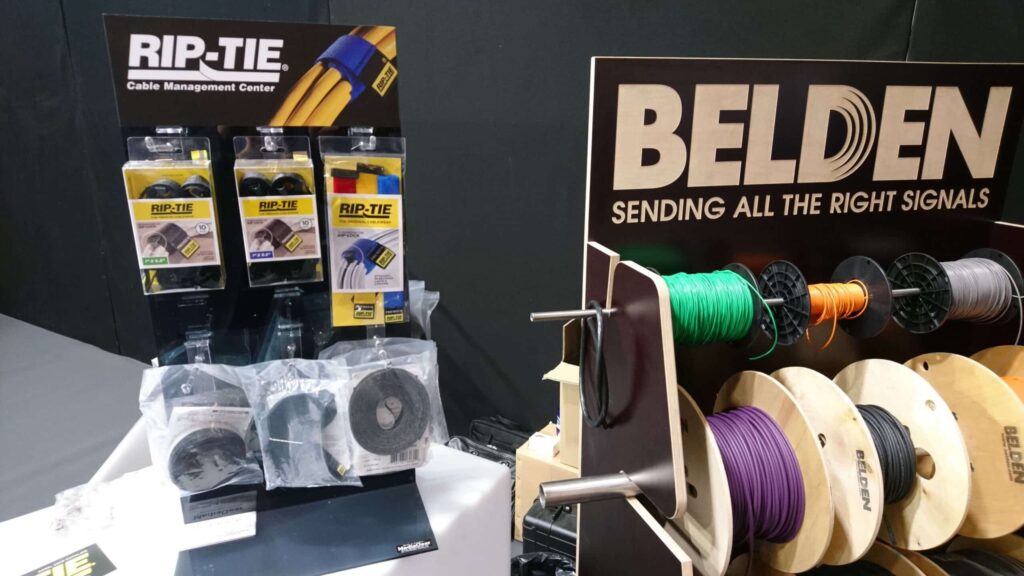
The specialty of the company: all products are self-tested
MediaGear is no ordinary sales company. “Our goal is not to endlessly expand the product range in order to increase turnover and offer more and more options. Everything we offer has been tested and approved by ourselves or our close colleagues,” explains Marko. “We both have 20+ years of technical television work behind us and therefore also a strong knowledge of the technology in our field. We are not just salesmen. ”
Most of the product range comes either directly from the manufacturers or from European distributors – MediaGear attends and meets the manufacturers at trade fairs, participates in the introduction of products.
“We have also said NO a lot. We have returned many samples to the manufacturers, even destroyed them, if it has become clear that the products are not worth it,” adds Marko. “We do not automatically copy the lists of importers’ warehouses as .xml code to our online store. There is no product on our website or store shelf that we have not tried out ourselves. This is also the reason why the product range is somewhat poorer than that of large sales companies.”
However, the fact that the range of products is narrower has one big advantage – sellers can give advice about each product based on their own experience.
The MediaGear office-store is also not a traditional sales hall. There are fewer visitors, but they stay longer in the office, because you can try things and exchange ideas on the spot. It is very difficult to transfer such a user experience on the web, which is why online sales have been quite modest so far. Most have been so-called hybrid sales, meaning that a customer finds a product on the web, then contacts and asks for advice. When the customer finally arrives at the office-store, it turns out that they need other things as well.
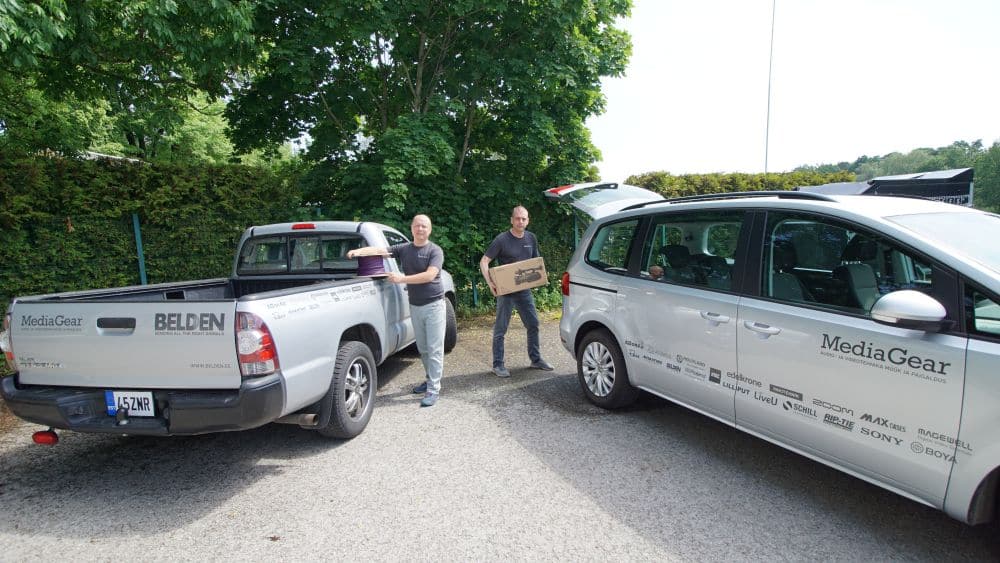
Biggest success story: rapid growth
According to Taago, the biggest success story of the company is that the first years have been successfully survived and the company is growing consistently. A lot of small start-ups usually leave the business quite early.
“Of course, we have also had challenges when we have put all our personal savings into play to ensure the company’s sustainability and overcoming the slump,” adds Taago. “Fortunately, these situations have been resolved successfully.”
According to Marko, when they started, there were businesses with a long history in the market and strong players, such as Overall and Miterassa / Sony Center, who on the one hand built a strong organization and, in addition, managed to build customer confidence in the company as an undisputed specialist in their field.
“This is the value of a company that will not be destroyed in a few months of crisis and that is part of something bigger – we believe that this is something to strive for,” says Marko.
The best lesson: a cheap price is for a reason
A cheaper product is always cheaper for a reason.
Marko adds: “Of course, the rule still applies that goods made in industrialized countries with traditions are of higher quality. But also more expensive. Chinese goods are cheaper and often of poorer quality or lack user-friendliness. However, all this cannot be taken as a rule of thumb – as such companies as Huawei or DJI have proved, high-quality and innovative products also come from the Shenzhen region, so we have not turned our backs on China and are watching with interest what the new and exciting sister city of Hong Kong has to offer to our small market.”
The affects of COVID-19 crisis
According to Taago, the crisis situation did not bring much change for them. While sales of some products declined, this was compensated by, for example, an increase in sales of streaming equipment, as the number of video conferences and live broadcasts from home exploded. From time to time, there were also supply problems, but now the worst seems to be over.
“We have started sharing recommendations on our blog on the content of broadcasts as well as the necessary equipment,” says Taago, on how they responded to the emergency, “of course people’s needs and opportunities are very different, but in the blog there are some basics and technical recommendations.”
They also gave an example on the blog of an online training, the content of which is very practical and necessary, but the technical implementation is stuck on the basics of classic webcasts: the wrong light, a poor camera, a poor frame composition, a crackly microphone, and so on.
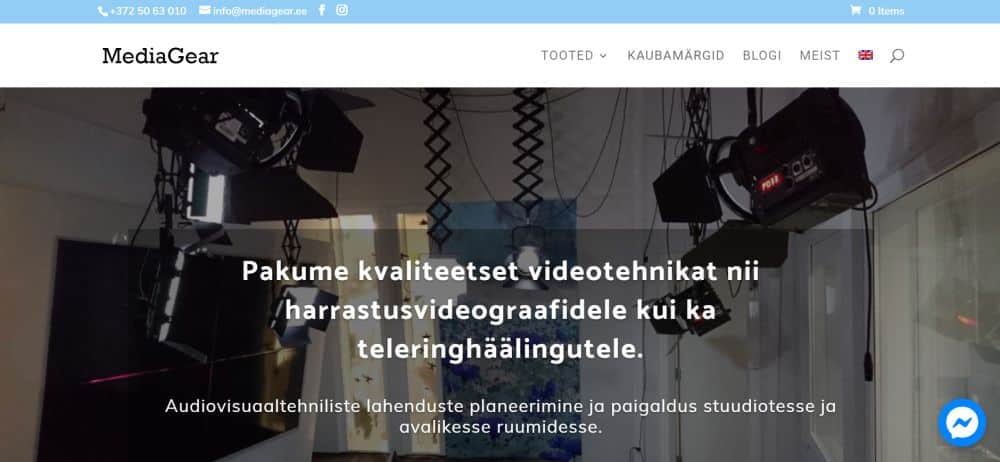
The e-store grew from the catalogue
In the beginning, the purpose of company’s website was just to be visible to its partners – both suppliers and customers. The first version of the website was compiled on the Voog platform, there was information about the company, which product brands are represented, etc. Gradually, product catalogues were added, but in a very simple form, as downloadable PDF files.
Taago recalls how the e-store started: “Initially, it was planned to simply create a catalogue of the products on the website. We decided to focus on the most popular products and to list on the website those products that we have in stock, which can be inspected on-site and which we can deliver quickly. Initially, we used the Facebook store solution for this, but it was not very flexible. That’s where the need for an e-store grew. ”
The main problem with this solution was that customers did not find the company so well. MediaGear did not come out of Internet searches. “If we had brought someone, so to speak, by hand into our office-store, they were pleasantly surprised by the products on offer,” adds Taago. “Recently, we have put a lot of emphasis on fine-tuning: design refinement, SEO optimization, relocations of elements on the website. In this regard, we received a lot of help from the “Veebid korda!” project.”
* Veebirebane is a good team member of Veebimajutus.ee, which helps start-ups and already operating businesses to make themselves visible on the web. He has a lot of experience in various fields, and if he lacks knowledge, he calls on experts in his field.
Sign up and get valuable insights and offers from time to time.
You can opt-out at any time.
I will be back soon